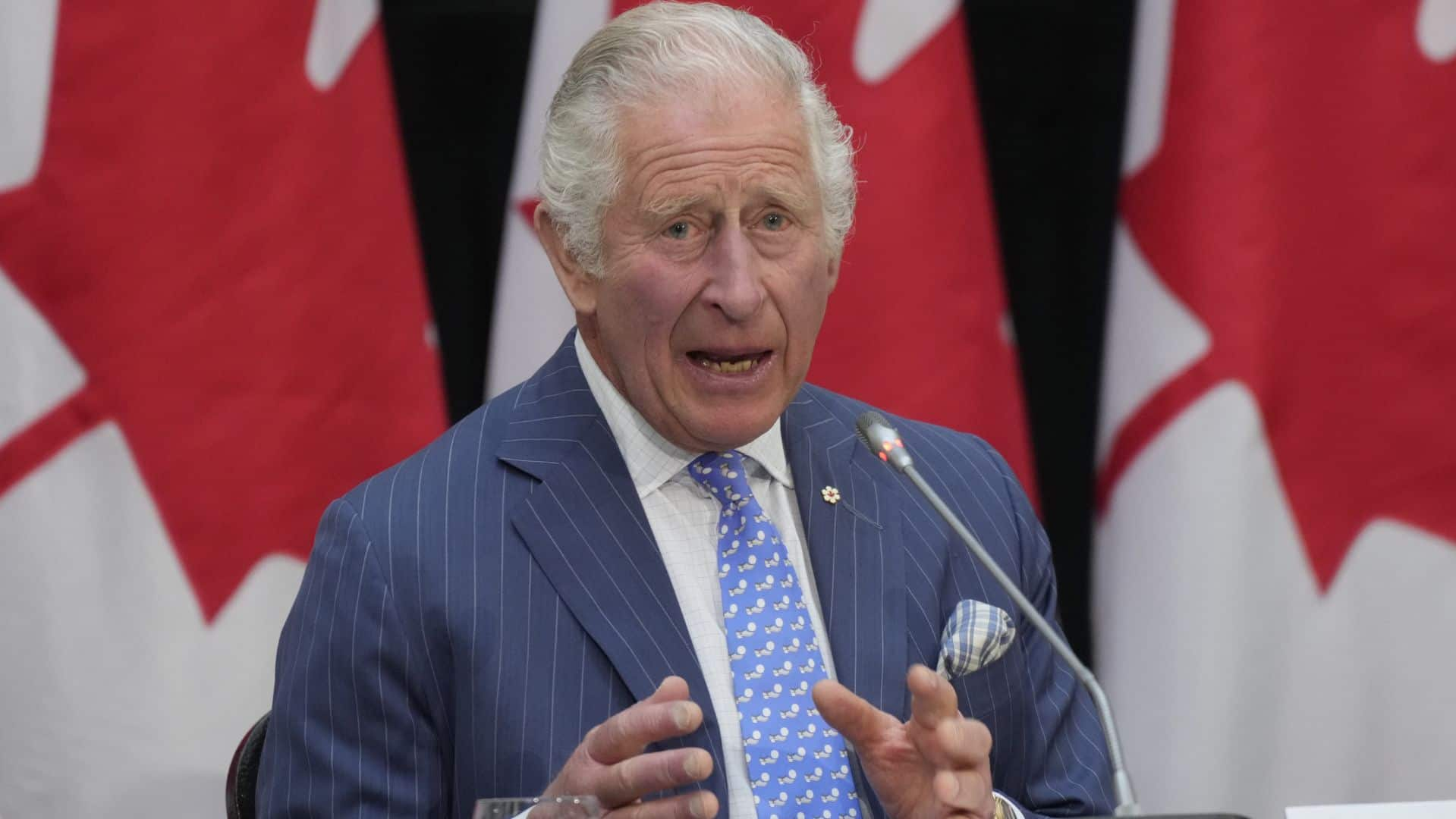A cross-partisan group of MPs voted to kill a bill Wednesday that would have allowed parliamentarians to opt out of swearing an oath of allegiance to King Charles — a victory for monarchists eager to preserve the Crown’s standing in Canada.
Prime Minister Justin Trudeau’s cabinet and most Liberal and Conservative MPs on hand voted down the private member’s bill, while Bloc Québécois and NDP MPs joined some members from the two largest parties — most of them Quebec-based — to vote in favour of legislation that would have diminished Charles’s role in Parliament. The final result was 113-197.
The vote keeps Canada’s Constitution as originally written. Section 128 requires that every newly elected or appointed parliamentarian swear they will be “faithful and bear true allegiance” to the reigning monarch.
Under Canada’s founding document, a member cannot legally assume his or her seat in Parliament until they’ve taken that oath.
C-347, introduced by New Brunswick Liberal MP René Arseneault, would have allowed MPs and senators to instead swear an “oath of office.”
That stripped-down oath would have simply stated that an office holder will carry out their duties “in the best interest of Canada while upholding its Constitution.”
The bill’s defeat was met by thunderous applause from Charles-supporting MPs who spontaneously started singing God Save the King after Speaker Greg Fergus announced the result.
“Order!” he said as MPs continued singing over his calls for quiet in the chamber.
A private members bill introduced by New Brunswick Liberal MP René Arseneault proposes making the traditional oath of allegiance to the reigning monarch optional for MPs and senators.
Canadian monarchists have told CBC News the bill amounted to republicanism by stealth — part of a larger effort to slowly chip away at the Crown in Canada without actually scrapping the monarchy through a protracted constitutional fight with the provinces.
John Fraser is the president of Institute for the Study of the Crown in Canada and a prominent monarchist. He has called the legislation “a stupid idea.”
He said republicans are “foolishly” trying to dismantle Canada’s Westminster system of government, a parliamentary structure that has served the country well for more than 150 years.
He said Canada’s longstanding link to the Crown, an institution above the whims of partisan politics, is something to celebrate.
The Governor General, the King’s representative in Canada, is a check on political power — ensuring the prime minister commands the confidence of the House of Commons, Fraser said.

“We live in a constitutional Crown system and trying to break it up piecemeal is not a good way to run a country,” Fraser told CBC News.
Fraser said republicans have never presented a viable alternative to the current system.
“Look at how republics are faring right now. Look to the south, the U.S. Do we want that here?” he said.
Canada’s republicans, meanwhile, welcomed the bill as a first step toward ridding the country of what they maintain is an outdated institution.
Pierre Vincent, a former federal public servant and a member of Citizens for a Canadian Republic, told CBC News that Arseneault’s bill would do away with an oath that he thinks is a violation of free speech.
“Why are we still doing this colonial, medieval stuff that does not coincide with our modern views of diversity and inclusion? I mean, it’s ridiculous. It makes no sense,” Vincent said.
“You know, sacrificing virgins used to be a tradition in Mexico. They’ve dumped that. A tradition itself is not a good reason to be doing things like this, to be violating free speech.”
Polls suggest the country is split up the middle on whether it’s time to cut ties with the Crown.
A Leger survey of 1,544 Canadians conducted last year just before Charles’s May coronation found 56 per cent of respondents agreed the country should “reconsider its ties” to the monarchy.
That number was higher in Quebec, where 71 per cent of respondents said there should be some constitutional soul-searching about the Crown.
People in Ontario (53 per cent) and B.C. (52 per cent) were more likely than other regions to say King Charles and his heirs should maintain their current role in our system.
Britain’s new monarch King Charles has deep ties to Canada, forging connections with some Canadians through his charitable work and outreach during his many visits to the country.
It’s unlikely Canada will cut ties with Crown any time soon — if ever.
Canada’s Constitution demands unanimity on the question; the House of Commons and Senate and all 10 provinces would have to agree on a different system.
Trudeau has said there’s no appetite for that sort of protracted constitutional battle.
Whether he’s loved or not, Charles is likely here to stay.

Charles has shown an affinity for this country, having toured Canada on 18 official visits since 1970.
“Every time I come to Canada … a little more of Canada seeps into my bloodstream and from there, straight to my heart,” he told a crowd in Newfoundland in 2009.
During his 2022 tour to mark the late Queen’s Platinum Jubilee — his only trip to a Commonwealth realm to celebrate the occasion — Charles praised Canada as a “truly great country” populated by “outward-looking, big-hearted” people.
“As I get older, it is particularly heartwarming to see my children coming to know and love this great country, just as the Queen and my late father have, and I and my wife in turn,” he told a crowd in St. John’s.
Trudeau has in turn praised Charles as a man “deeply aligned” with Canadian values, such as the fight against climate change and the pursuit of Indigenous reconciliation.

